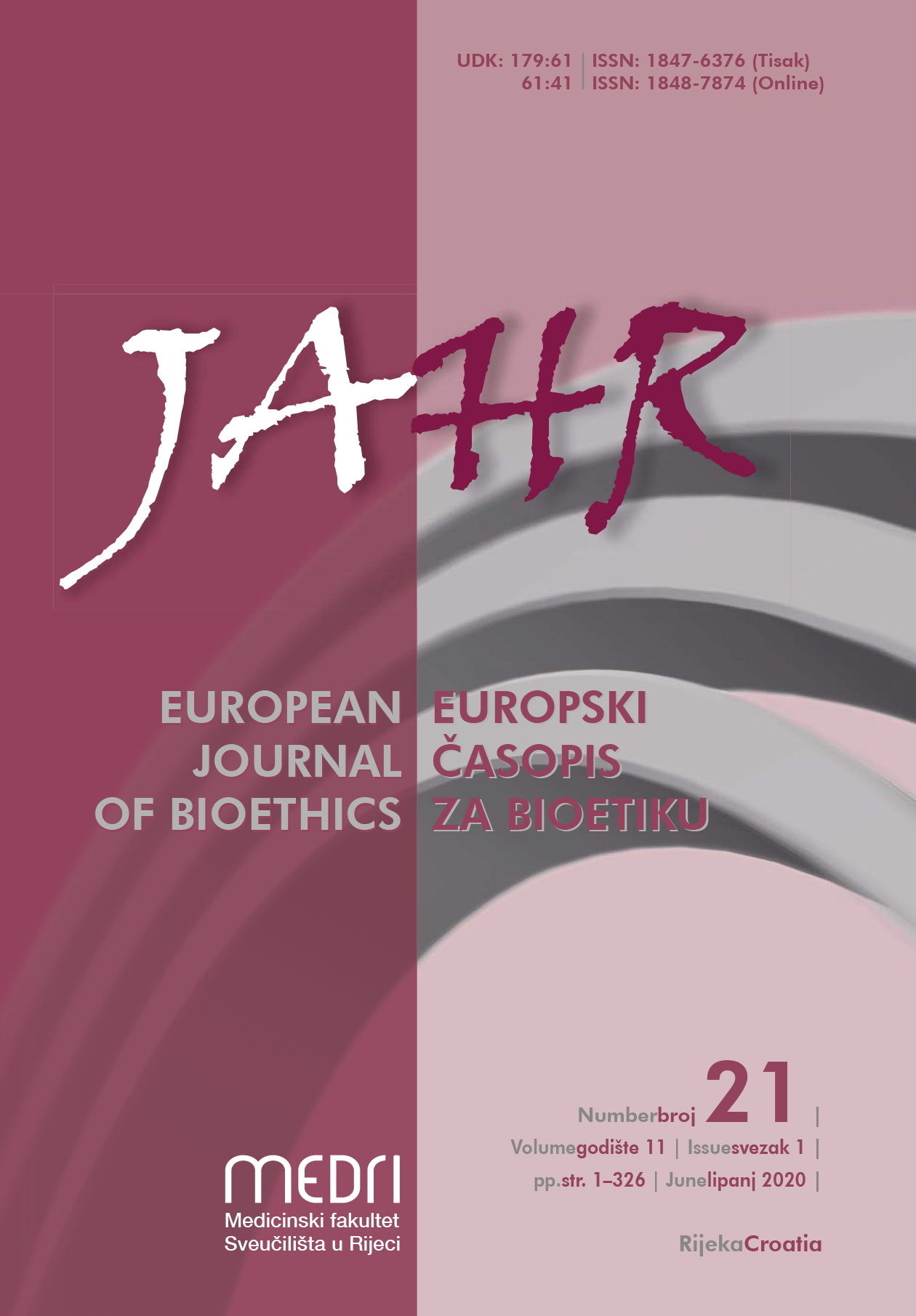Jahr and Potter: Accidental Similarities?
Keywords:
Potter, bridge bioethics, Jahr, bioethical imperative, similarity, content analysisAbstract
https://doi.org/10.21860/j.11.1.5
With the science of survival article and lately the book “bridge to the future” Potter became famous releasing the neologism “bioethics” and then known as the founder of bioethics. However, 43 years before, Jahr had proposed a similar idea in the article “Bio-ethics: reviewing the ethical relations of humans towards animals and plants (translated from German)”. We propose to correct the idea that Jahr is merely a precursor—and not a founder—of bioethics, here speculating the bridge bioethics of Rensselaer Potter as close similarity with Jahr’s thoughts. Following the “content analysis” method, a table was built to compare the theoretical schemes of Potter and Jahr, correlating by qualitative meta-analysis, each paragraph of Jahr’s base text (1927) with Potter’s analogous (1970). The similarity of the texts reveals that, in theory, Potter benefited from Jahrist utopia, imposing it a reductionist lineage. Potter expresses, therefore, an ethnological capture of jahrism.
Downloads
Published
Issue
Section
License
Authors who publish with this journal agree to the following terms:
- Authors retain copyright and grant the journal right of first publication with the work simultaneously licensed under a Creative Commons Attribution License that allows others to share the work with an acknowledgement of the work's authorship and initial publication in this journal.
- Authors are able to enter into separate, additional contractual arrangements for the non-exclusive distribution of the journal's published version of the work (e.g., post it to an institutional repository or publish it in a book), with an acknowledgement of its initial publication in this journal.
- Authors are permitted and encouraged to post their work online (e.g., in institutional repositories or on their website) prior to and during the submission process, as it can lead to productive exchanges, as well as earlier and greater citation of published work (See The Effect of Open Access).



